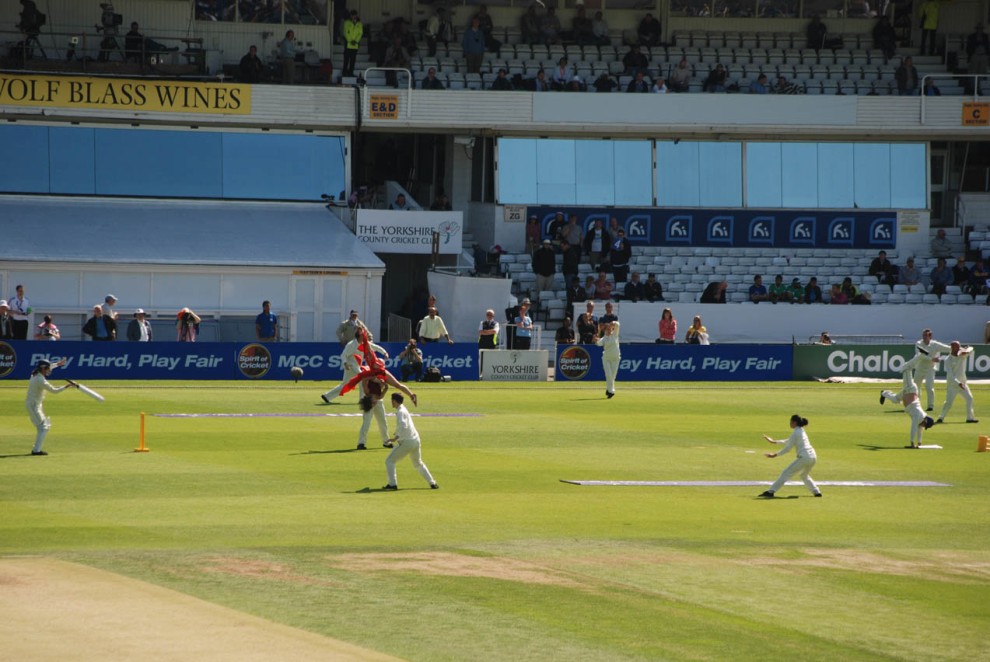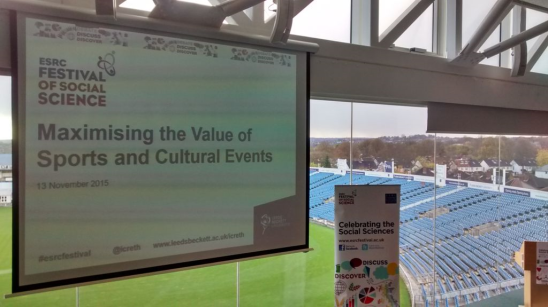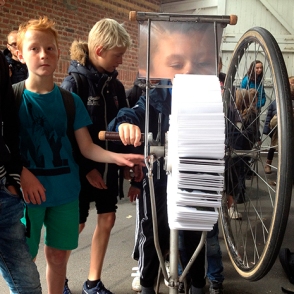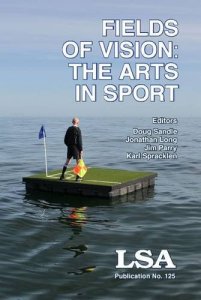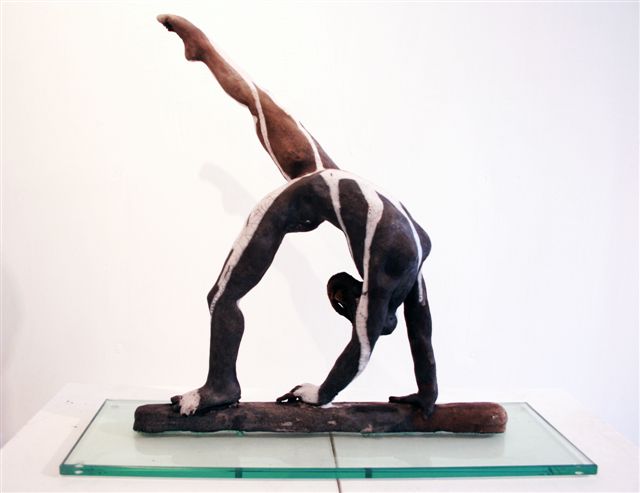Fields of Vision
Music Leeds
Leeds Arts Research Centre
Carnegie School of Sport
Hosted by The School of Film, Music & Performing Arts, Leeds Beckett University
Fields of Vision
MUSIC & SPORT: KNOWING THE SCORE
A CONFERENCE TO EXPLORE THE RELATIONSHIP BETWEEN MUSIC AND SPORT
26th June 2019, Leeds UK
Call for Papers 2019
From team songs sung after a match to Arthur Honegger’s 1928 ‘Rugby’ symphonic movement; from terrace chants to Neil Hannon’s ‘Duckworth-Lewis Method’ concept album, sport and music have always been inextricably linked. Both produce moments of community, transcendence, and emotional resonance – and both are vital components of the past, present and future of modern culture.
In 2019 the ‘Fields of Vision’ sport and art network will be hosting ‘Knowing the Score’ a one day conference to bring together scholars, practitioners and the public to discuss the wide and varied links between music and sport. There will also be performances of musical works specially commissioned for the conference.
Building on the success of previous ‘Fields of Vision’ conferences, we want to attract the widest possible participation, enable new approaches, and forge new collaborations.
So we welcome proposals for papers (twenty minutes in length, no more than six slides), panel discussions (ideally featuring practitioners and scholars) or performances (no more than twenty minutes) – and we would especially welcome new and innovative approaches to presentations.
The final date for submitting proposal(s) for consideration is Thursday 28th February 2019. All proposals are to be submitted by email to Dave Turner: d.p.turner@leedsbeckett.ac.uk
Acceptance of papers/workshops will be confirmed by Friday 8th March 2019.
We are planning a special issue of an academic journal based around presentations at this conference. If you would be interested in turning your conference presentation into a full journal article please highlight this when submitting paper proposal.
The ‘Music and Sport – Knowing the Score’ conference will be held on Wednesday 26 June 2019 in the Lewis Jones Suite of the world-famous Headingley Stadium in Leeds from 10am to 6pm.
Conference admission delegate rates are as follows:
Full / Waged = £25.00
Student / Unwaged / OAP = £20.00
Conference passes can be purchased via Leeds Beckett University’s online store.
For the 2019 ‘Music and Sport – Knowing the Score’ conference, six bursaries are available for free access for Leeds and district based composers or practising/emerging musicians to be attendees and participants at the conference. The six places are available to people who are unwaged, students or self-supporting. For further information about available bursaries please contact conference organisers.
For more information or to register your interest, contact: David Turner at d.p.turner@leedsbeckett.ac.uk / 0113 812 3330

